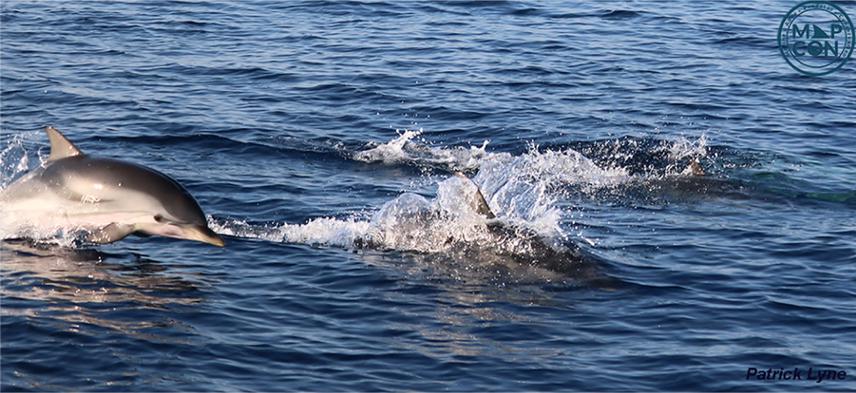Nur Bikem Kesici
Other projects
18 Jun 2021
From Local Ecological Knowledge to Drone-Based Monitoring Surveys: Addressing the Importance of Marine Top Predators
Limitations in conservation efforts are often due to lack of available information of any target area. However, lack of information should never be a reason to postpone conservation actions. Through a yearlong data collection and using local ecological knowledge, a general idea of the top predators presence and abundance in the target area will be determined. By doing so, baseline of sustainable conservation and management plans for the area will be set up. On the other hand, we consider young students as great investments for the future conservation actions. Therefore, our initial aim will be to let them participate in the conservation actions through this project.

© Patrick Lyne, Maritime Apex Predator Conservation.
The Aegean Sea is home to a diverse assemblage of different large predators. However, lack of available information on the local biodiversity and other important ecosystem variables is a major obstacle in conservation planning of the target area. Top predators inhabiting there such as cetaceans, sharks and large teleosts are important components of marine ecosystems and predator-centred conservation is believed to deliver certain biodiversity goals.
Our aim is to establish the very first seasonal monitoring project around the Gökçeada Island, since there isn’t any comprehensive study conducted in the area up to date and areas of threat are relatively unknown. Another intention of the project is to involve the students and key stakeholders by merging them into the citizen science which can also help them to notify that environmental cooperation is an extremely important objective. We believe that public awareness can be substantially raised through cooperation and incorporating diverse interest groups should be recognized as a necessary component of conservation planning. Some of the main conservation outputs of the project are provided below: Gaining knowledge of an essentially neglected area, collecting scientific data on the marine top predators without using any harmful technique, providing a solid understanding on the abundance and distribution of the species, raising the awareness of locals and stakeholders on top predators and help them seeing these top predators as a determiner of a healthy ecosystem, educating the new generation as conservationists, publications.